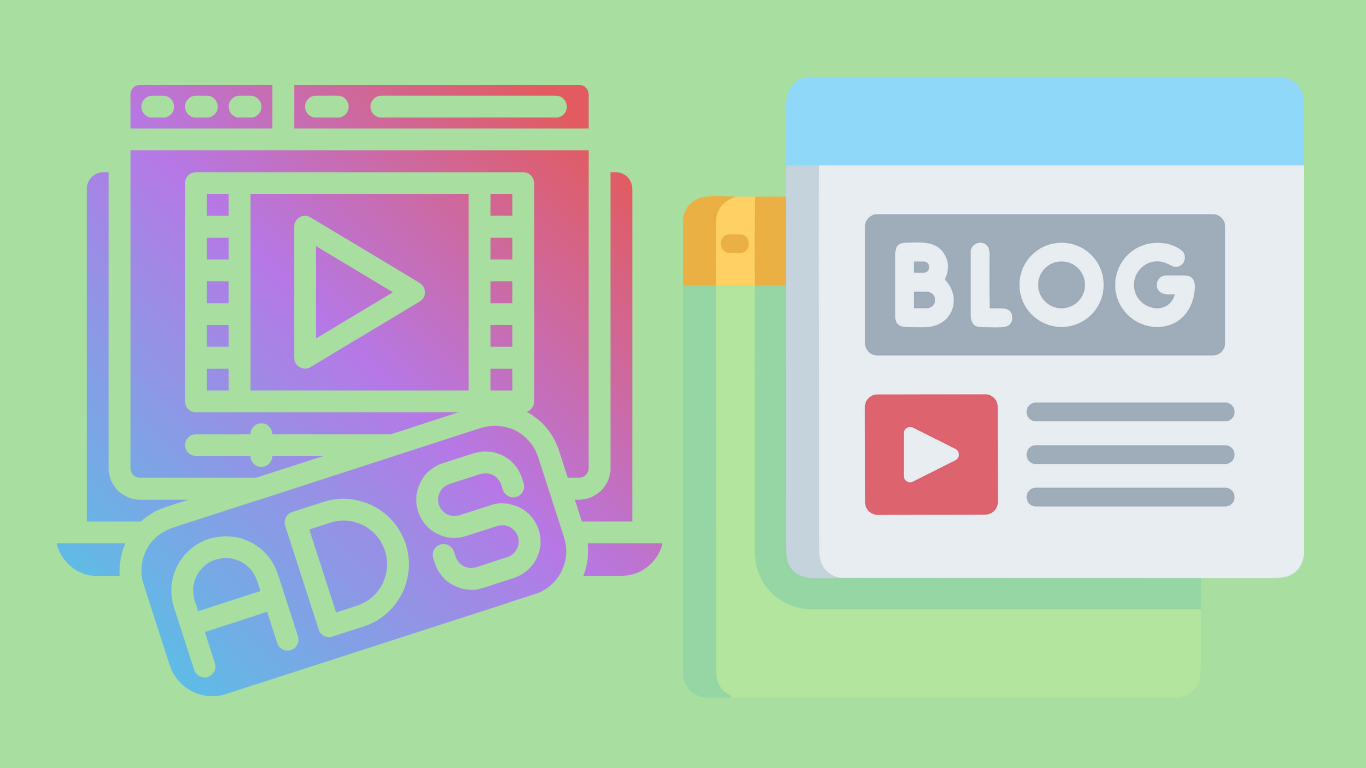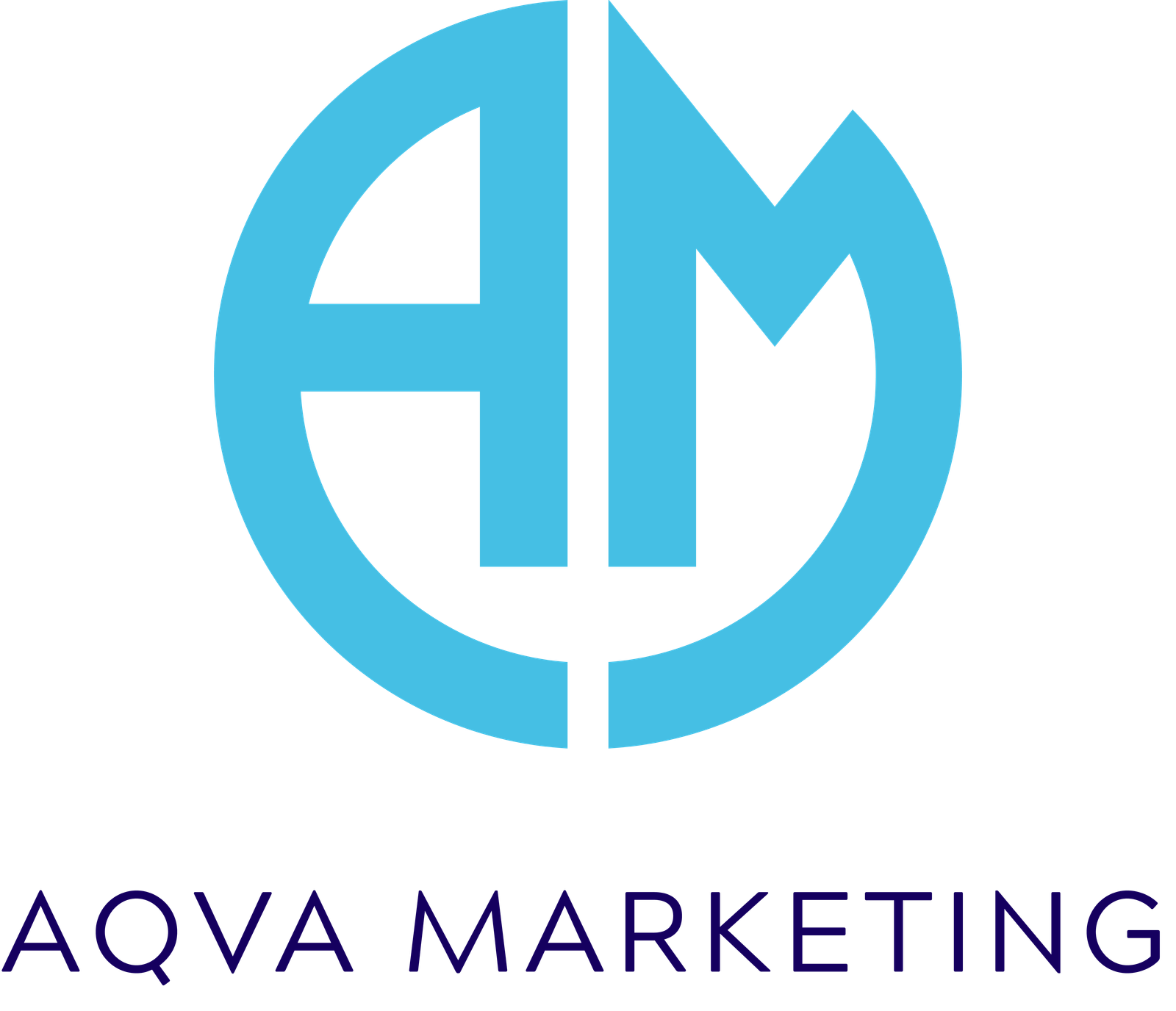
Paid ads hurt organic reach, especially when your organic content isn’t good enough. It’s as simple as that. But it is a fact that many brands, from startups to seasoned enterprises, have felt that once they started ad campaigns, their organic reach dipped.
The digital marketing world is buzzing with opinions, but at Aqva Marketing, we believe in cutting through the noise to give you clarity that helps your brand grow.
Let’s dive deeper to find out the truth.
Paid vs Organic, Friends or Foes?
Paid ads and organic content both help you connect with your audience. Organic content typically includes all the free content, such as social media and blog posts, and your SEO-optimized web pages. Whereas Google Ads, Meta (Facebook/Instagram) Ads, and LinkedIn promotions, etc, are the paid ad campaigns.
You need both to grow your business, and ideally, both should complement each other. But why do some marketers notice a drop in organic engagement after launching paid ads? Is it just a coincidence? Or is the algorithm playing favorites?
It’s Not a Clear-Cut Case
Here’s where it gets interesting.
According to a study conducted by Hootsuite in 2019, organic reach on Facebook had declined to about 5.5%, while paid reach increased proportionally with ad spend. Around the same time, several brands reported that once they started paying for ads, their unpaid posts saw fewer likes, shares, and comments.
Suspicious?
Maybe. But correlation isn’t always causation.
Facebook’s own reps have publicly stated that the algorithm does not punish organic posts simply because a page is running ads. However, the algorithm does favor content that keeps users engaged.
So yes, if your organic content isn’t strong, and you suddenly start running an ad campaign, the algorithm might prioritize what you’re paying for. But that doesn’t mean it’s actively penalizing your unpaid posts.
Real-World Case: What Happened to Brand X?
Let’s take a quick example.
A mid-sized skincare brand (let’s call them Brand X) partnered with Aqva Marketing last year. Their concern? Their Instagram organic engagement had tanked after running sponsored posts.
We audited their content and found:
- There were repetitive creatives in both ads and organic posts
- The posting frequency of organic content dropped once ads went live
- There wasn’t any engagement strategy for organic content
We revamped their content calendar, split the visual language for ads vs organic, introduced micro-influencer collaborations, and optimized their SEO blog content.
Within 60 days, their organic engagement rose by 38%, and the paid ads performed even better, with a 24% lower cost per click (CPC).
Lesson? Paid ads don’t hurt organic reach, but an inconsistent strategy does.
Why It Feels Like Paid Ads Hurt Organic Reach
Let’s humanize this. Imagine that you’re hosting a party and have invited 20 friends (organic followers). Suddenly, you throw in a DJ, free food, and a laser show (paid ads). Now, more people will show up for sure, but your original 20 now might feel ignored.
In digital terms:
- Paid content grabs attention faster
- Organic content becomes secondary if it’s not optimized
- Platforms push high-engagement posts to keep users hooked, and ads are often designed to convert quickly
But this doesn’t mean your organic reach is gone. It just needs a strategic comeback.
Should You Use Paid Ads Alongside Organic Efforts?
Absolutely, but only with a cohesive strategy.
At Aqva Marketing, we often tell clients, “Think of paid ads as the fuel. But organic content? That’s your engine.”
When they work in sync, you get better visibility, stronger brand authority, and smarter targeting.
How to Balance Paid Ads Without Hurting Organic Reach
Let’s get into the how-to.
1. Create Distinct Content for Paid and Organic
Content for both must be made with different objectives in mind; do not make similar content for both.
Paid content should be bold, CTA-driven, and conversion-focused. Organic content should tell your story, engage your community, and offer value.
2. Run A/B Tests

Many businesses burn budgets without knowing what’s working. Aqva Marketing uses data-backed A/B testing frameworks to help clients learn what content performs best.
3. Invest in SEO, Always
Do not neglect your organic content, like Blogs, landing pages, and SEO-optimized content, for the sake of paid campaigns. The organic content is the backbone of your long-term strategy.
Our in-house SEO experts at Aqva Marketing consistently help brands rank on Page 1 without depending entirely on ad budgets.
4. Leverage Retargeting Smartly
Use your organic audience as a base for paid remarketing. These warm leads often convert faster and cheaper. It’s a win-win.
5. Monitor Analytics Holistically
Don’t view paid and organic results in silos. Integrate insights. Tools like Google Analytics, HubSpot, or even Meta Insights can help you see the whole journey, from discovery to conversion.
What the Experts Say
Neil Patel, a leading voice in digital marketing, puts it well:
“Paid ads can accelerate exposure, but real brand equity comes from consistent organic visibility.”
In other words, one shouldn’t replace the other.
Final Thoughts: Still Wondering if Paid Ads Hurt Organic Reach?
So, does running paid ads harm your organic reach?
No, but if your content strategy is imbalanced, if you stop nurturing your audience, or if your organic presence weakens due to over-reliance on ads, then yes, your organic performance may suffer.
But that’s not the algorithm’s fault. That’s a strategic gap.
Need help striking the right balance between paid and organic?
Let Aqva Marketing step in and create a performance-driven strategy tailored to your brand goals.
